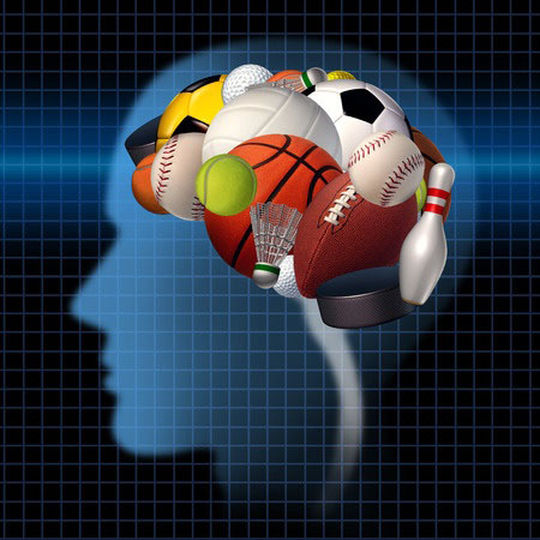How often do we talk about losing focus, letting down mentally or making mental mistakes when referring to the not-so-positive outcomes in our lives, whether in sports, our careers or our personal lives?
Are we talking about physical training and preparation for those events? Not normally. We’re talking about stressful situations, and how well we managed those stressful situations. If you read my last blog, you know that stress affects the firing of neurons and can adversely affect judgment and decision-making. Experts and pundits alike agree that stress management or our mental game has a significant effect on our performance. Yet what are we doing to improve our mental game at work, at home and at play?
I personally can recount numerous times when I lost focus, let the stress take control and ultimately let my performance slip. Was this a personal, conscious choice? Of course it wasn’t. I would never choose to allow stress to overtake my mental focus, and yet it has. As I evaluate my own life, there have been times in my career, times on the field and times in my personal life when stress has affected my judgment and decision-making in ways that I prefer to forget.
Long-distance runners would never attempt to run a marathon without physically preparing their body to meet the demands of the race, and yet most athletes would enter that same race without considering what psychological conditioning is needed to achieve optimal performance. Both mental and physical training are the keys to successful competition in any environment. Coaches frequently assess the mental game as 90 percent of competition, and yet what are they doing to mentally train their athletes? Athletes often know that they let down mentally and lose focus, but how has that changed their training regime?
Traditionally, we have wanted to believe that our minds should not factor into our performance, and if we train hard enough, our bodies should perform as they have been trained. We have also perceived athletes who allow stress to affect them as weak. Mentally, all week long while we train, our mind is functioning wonderfully well and our bodies cooperate fully. Then during the game, something happens. Stress takes hold, competition becomes fierce and psychologically we are challenged considerably more than during training.
We can look around and see that we are not alone. In fact, many of our peers and teammates respond to the stress the same way. It is easy to see these mental struggles as natural and simply a part of the game. And to a great degree, they are. My coach and my peers are quick to identify where I need to train more physically, and I readily accept that challenge. Training my body is concrete. I can easily imagine putting in the work to address the issue, but more physical training will not fix my mental game.
What would it take for you to give training time to your mental game? If you knew that you could perform as well during games as when you train, would you want to improve your mental game? If you knew that you could reduce errors and mental mistakes during a game, thus creating more great performances, would you want to give yourself the gift of mental training? If you knew that your enjoyment during competitions could increase because stress was decreased, would you work on your mental game?
The I-imagine app was developed to help you improve your mental game. If you would dedicate 15 minutes of your time three to four days a week to listen to the training modules and visualize yourself performing on the pitch the way you know that you can, you would strengthen your mental game and raise your physical performance.
Does this motivate you?
Additional reading:

